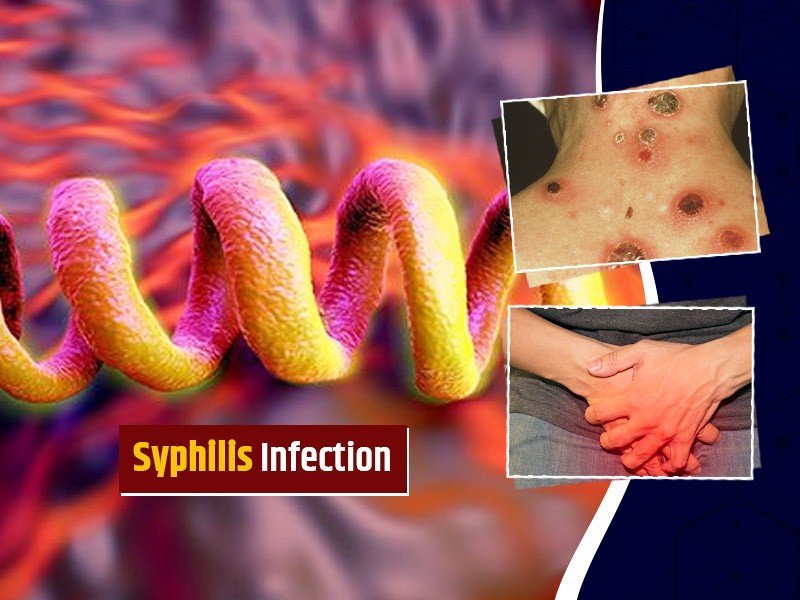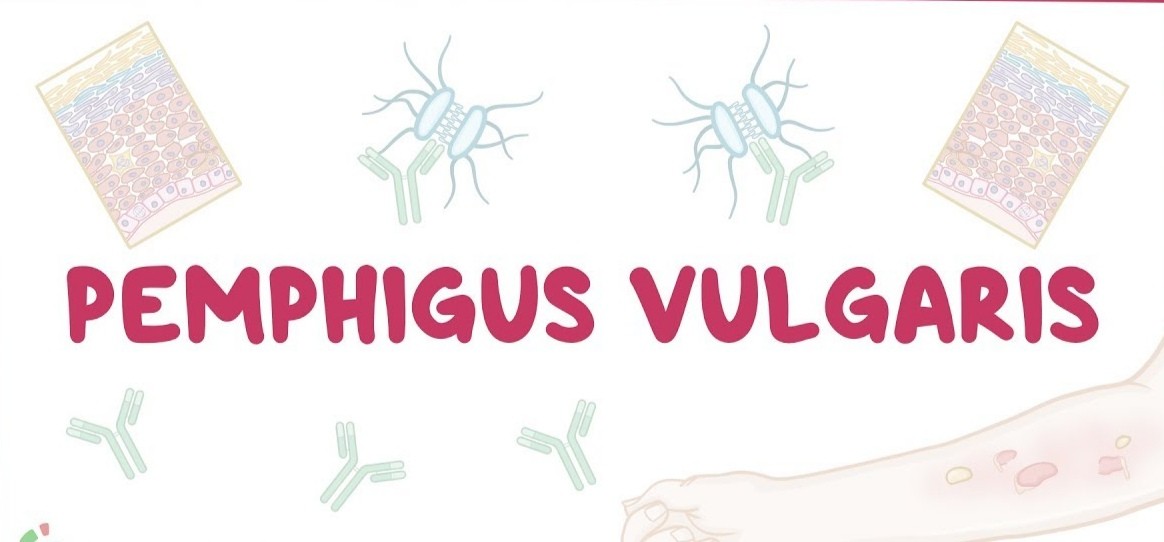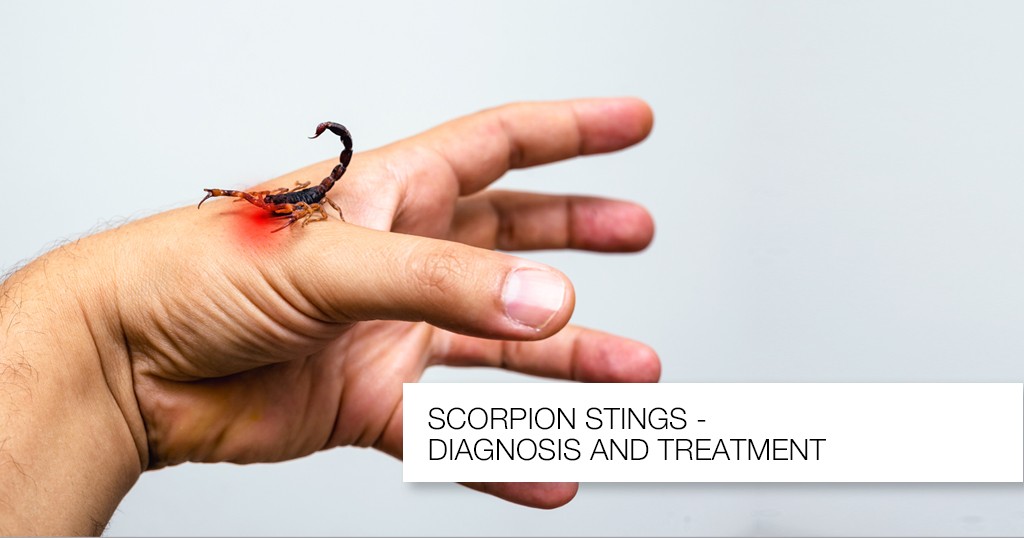Published - Mon, 18 Apr 2022

Everything You Need to Know About Anxiety
Anxiety harms the entire body in addition to injuring the brain. Anxiety is common in this fast pace life. Lack of trust in relationships, race to get ahead of each other, feeling insecure, fighting and arguing, experiencing wrong behavior, staying isolated [away from society], and being absorbed in one's own life are all the reasons for restlessness.
Anxiety occurs in everyone but it is difficult to know if a person has this as a mental disorder. If any negative thought or problem persists for a long time and starts upsetting your life, then it is really dangerous. What is Anxiety? Anxiety is born out of despair, sadness, and depression. When we ignore our feelings, they can lead to unhappiness. Similarly, hopelessness can take the form of anxiety if ignored. In this situation, the person is always scared that something wrong is going to happen.
These are panic attacks. Anxiety attacks make a person feel anxious, afraid, and nervous all the time. Apart from this, the problem of vomiting and nausea is also felt, the heartbeat becomes faster and breathlessness starts. If this happens again and again, then talk to a doctor immediately, otherwise, it can become a very serious issue.. Ideas should always be entertained up to a certain level.
Nothing should exceed the limit. As long as thought does not bother you, it is normal, but when a thought or thought goes above a certain level and starts surprising or disturbing you, keeps you awake in the night, you are not able to concentrate on your work, then it is a matter of concern.
What is the type of anxiety:-
Panic disorder:- Facing frequent panic attacks at unpredicted times. A person with panic disorder may be living in fear of the next attack.
Phobia:- Facing the fear of a specific object, situation, or activity [or example fear of darkness, fear of heights]
Social anxiety disorder:- fear of being judged by others.
Obsessive-compulsive disorder:- Recurring illogical thoughts that can lead to repeated behaviors
Separation anxiety disorder:- Fear of being away from home or loved ones
Illness anxiety disorder:- Anxiety about your health.
Causes of Anxiety:-
1. Worry too much Overthinking about small things and if this happens again and again in your life, can lead to Anxiety.
2. Stressful Events Excess workload, stress, unexpected incidents like the death of a loved one, breakup/divorce, etc.
3. Family History People who have a family history of mental disorders are more likely to develop anxiety disorders, such as OCD.
4. Health-related conditions Thyroid disease, asthma, diabetes or heart disease, etc. are associated with depression and anxiety.
5. Drug Use Many people turn to alcohol, drugs, and other alcohol to forget the pain, sorrow, despair, sadness, and pain. Trust me, these things can never be the cure for Anxiety. Overuse of Drugs may aggravate the problems.
Effect of Anxiety
1. Gets excited When someone is upset, his nervous system starts working very fast along with increased activity in other systems such as an increase in heart rate increase, sweating, hands, and feet start trembling, and dry mouth.
2. Get nervous On thinking too much, there is discomfort and nervousness, which are symptoms of anxiety. It can be very harmful. Before it escalates, it is important to see a doctor
3. Get tired When we start feeling more tired, first of all, it is important to know whether it is a normal feeling or it is happening due to some anxiety. If there is a headache or nervousness due to this fatigue, then it is a symptom of anxiety. Worrying too much leads to sleeplessness and stress increases.
4. Difficulty paying attention Research says people who worry a lot have difficulty concentrating and worrying also affects memory.
5. Being irritable People suffering from anxiety are very irritable. They show rage and touchiness over talk, which lowers their social status. That's why they stay away from people.
6. Muscle Tension There is increased tension in the muscles.
7. Having trouble sleeping
The symptoms of anxiety are that the person is not able to sleep properly. Improper sleep
and frequent night awakenings are some of the symptoms of anxiety.
TREATMENT OF ANXIETY: -
1. Anxiety can occur at any time to a person in his/her lifetime but if it is not treated at the right time it can change into depression and the sufferer may have panic and anxiety attacks.
2. We can get rid of this problem but the problem’s seriousness should not be underestimated. If you, someone in your family, or someone you know is suffering from any symptom of anxiety, then you should seek the help of a good doctor, psychiatrist, or psychologist for treatment.
3. Anxiety can be treated very easily with a combination of both medicines and counseling.
4. When there is a problem of Anxiety, its solution is not that you should sit on it or accept it as the ultimate truth. Face the problem with courage. One day this anxiety will go away from you.
5. There is a big difference between being careful and worrying! To be careful means to be
conscious whereas to be worried means to keep thinking deeply about the thoughts which eat
you from inside.
Created by
Comments (0)
Search
Popular categories
Latest blogs

All you need to know about Syphilis
Tue, 15 Nov 2022

What is Pemphigus Vulgaris?
Tue, 15 Nov 2022

Know about Scorpion Stings
Sat, 12 Nov 2022

Write a public review